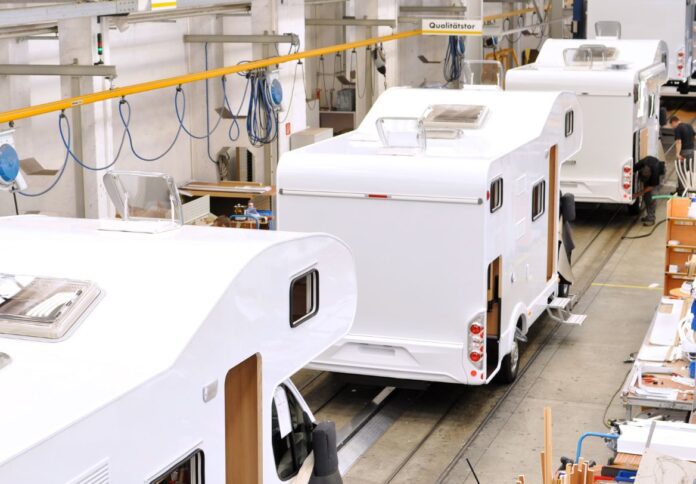
Australia’s private sector has seen a continued expansion in May, posting above the 50.0 no-change mark for a second consecutive month amid sustained expansion in services activity as manufacturing output shrank for a sixth straight month.
The latest Judo Bank Flash Australia Composite PMI Output Index is at 51.2, which marks a moderate drop from April’s 53.0, indicating a continued expansion in the private sector, albeit at a slower rate compared to the previous month.
Meanwhile, Judo Bank Flash Australia Manufacturing PMI remained unchanged from April at 48.0 in May, marking the third successive monthly deterioration of business conditions in the sector.
The divergence between manufacturing and services performance was found in new orders, with faster new business growth in the service sector, contrasting with a continued decline in goods demand.
“Australia’s manufacturing sector continues to slow in May and is on track for a soft landing. This is consistent with a global manufacturing slowdown, weaker consumer goods demand and a lack of growth in construction activity across the Australian economy,” said Warren Hogan, chief economic advisor at Judo Bank.
Foreign demand remained subdued, declining for a sixth straight month at a solid pace. Output also fell for the sixth month in a row and at the quickest rate in 21 months.
Meanwhile, supply pressures eased for goods producers, with average lead times shortening further while input cost inflation remained well below that seen in 2022.
Despite the drop in production, firms in the manufacturing sector continued expanding staffing levels in May, but the rate of increase was the slowest amid subdued market conditions.
Employment levels in the private sector overall expanded for the 21st month in May, but the rate eased across both the manufacturing and service industries due to the lack of suitable candidates, according to the survey.
“The manufacturing indicators do not signal recession. We would need to see a further marked deterioration in the manufacturing survey to be concerned about a sharper downturn,” Hogan added.
Business confidence in the manufacturing sector improved in May, but the level of confidence remained below the long-run average amid market uncertainty.



















